Every Reason Why You Need To Include Vitamin C In Your Skincare Regimen
A daily dose of Vitamin C is a surefire way to plump, glowing skin. Ready to drink up?
Vitamin A gets all the glory, but it’s time for Vitamin C to step up and take its rightful place as an equally essential skin vitamin. Add this potent antioxidant powerhouse to your regimen, then kick back and watch as it evens out your skin tone, boosts hydration levels, supports collagen production, reduces inflammation and neutralises free radicals. But wait, there’s more: Vitamin C pulls double-duty by working on damage that’s already happened and helping prevent further problems before they even start. Your future is looking bright, kid.
[responsive imageid=’30036′ size1=’0′ size2=’641′ size3=’1024′]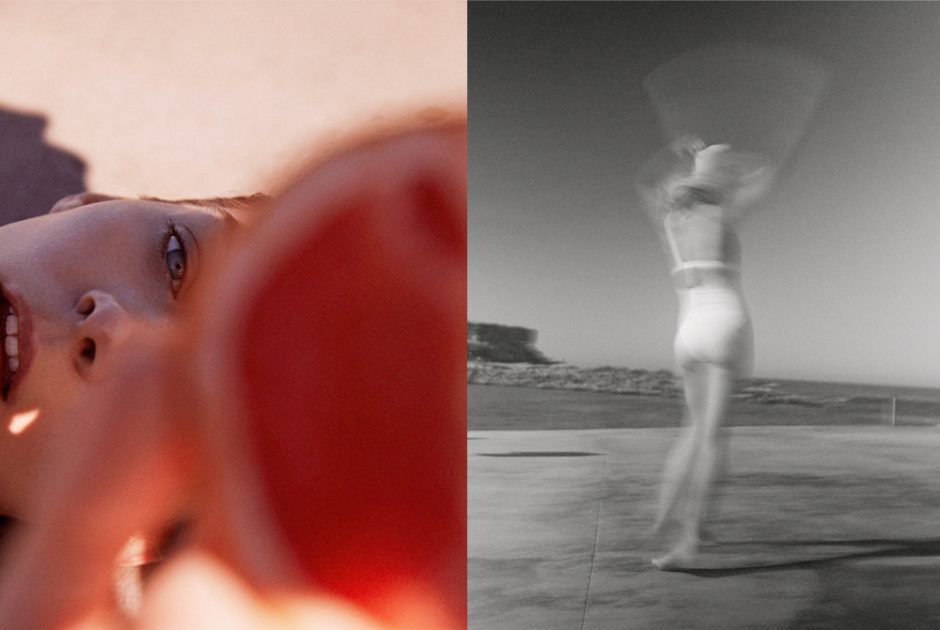 [/responsive]
[/responsive]
[RIGHT]: Model wears: Marysia one piece swimsuit & Sarah J Curtis hat.
Model wears: Matteau Swim Petite Triangle Bikini Top and Brief.
The Plum Role
Excuse us, we’re feeling a little smug: kakadu plum is the richest known source of vitamin C, with levels topping those found in oranges and kiwifruit, it has more antioxidants than blueberries – and it’s native to Australia (pause for applause). Also known as Billygoat Plum, Gubinge or Murunga, the small, sour fruit is grown across the top end of the country where it has long been used by indigenous Australians for medicinal purposes, and it’s these same antibiotic and anti-inflammatory properties that means it works wonders on acne-prone skin. These Aussie brands are doing us proud.
Apply Yourself
Like Gigi and Zayn, sometimes two is better than one. Don’t get us wrong, vitamin C does an excellent job solo (as do Gigi and Zayn), but it works even better when layered with other ingredients like vitamin E or ferulic acid. And it really shines when layered underneath your morning SPF: as an antioxidant, vitamin C helps neutralize the free radical damage that occurs when your skin is exposed to environmental stressors like UV light and pollution. If you’re concerned about sensitivity issues, start using Vitamin C-spiked products every other day and build up to daily use, and wait a minute before applying your other acid or retinol products.
Gritty Pretty loves: Peter Thomas Roth Potent-C Targeted Spot Brightener, $81; Ole Henriksen C-Rush Brightening Gel Crème, $58; SKIN INC Vitamin C Serum, $64; Fresh Vitamin Nectar Vibrancy-Boosting Face Mask, $36; Youth To The People Maqui + Acai Prickly Pear Goji Superberry Hydrate And Glow Oil, $26
[responsive imageid=’30035′ size1=’0′ size2=’641′ size3=’1024′] [/responsive]
[/responsive]
The Glow To
There are several different types of Vitamin C used in skincare, like sodium ascorbyl phosphate, ascorbyl palmitate, and retinyl ascorbate, but ascorbic acid, also referred to as L-ascorbic acid on an ingredient list, has the most scientific research behind it. Studies have shown it can boost collagen to help firm and tone the skin, smooth out fine lines and wrinkles, and disrupt pigment production to give the complexion a healthy sheen. No matter which type of Vitamin C you use, look for a product that comes in single-use or airtight and opaque packaging. The reason? Vitamin C is unstable, meaning that it can degrade if it’s exposed to light or air.
Gritty Pretty loves: Drunk Elephant C-Tango Multivitamin Eye Cream, $103; The Ordinary Vitamin C Suspension 30% In Silicone, $12.80; Dermalogica Biolumin-C Serum, $134; Tatcha Violet-C Radiance Mask, $109; SkinCeuticals C E Ferulic Serum, $210; Skinstitut Vitamin C 100%, $35.
This story originally appeared in the Spring 2018 issue of Gritty Pretty Magazine.





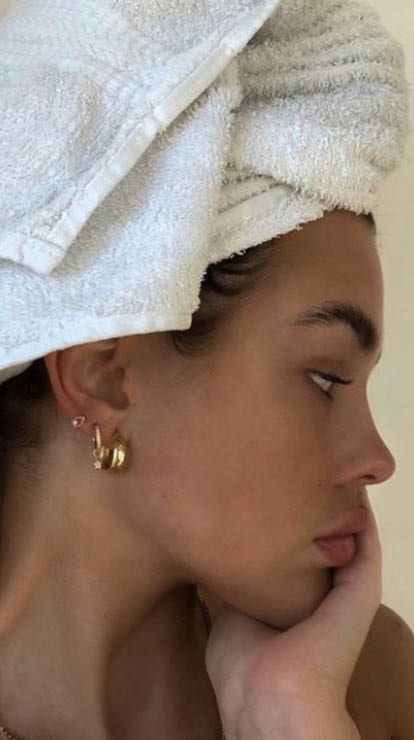
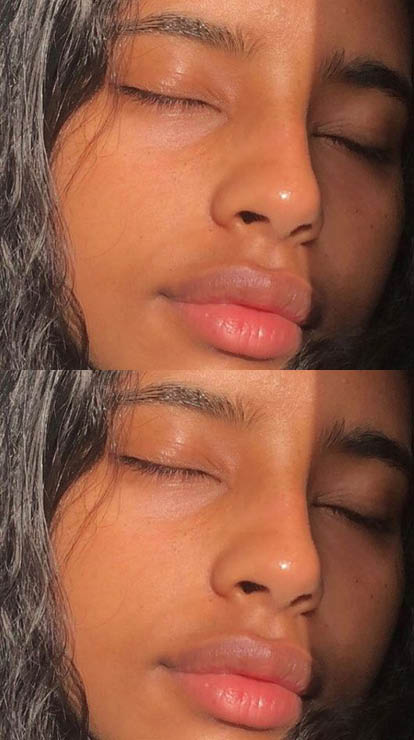



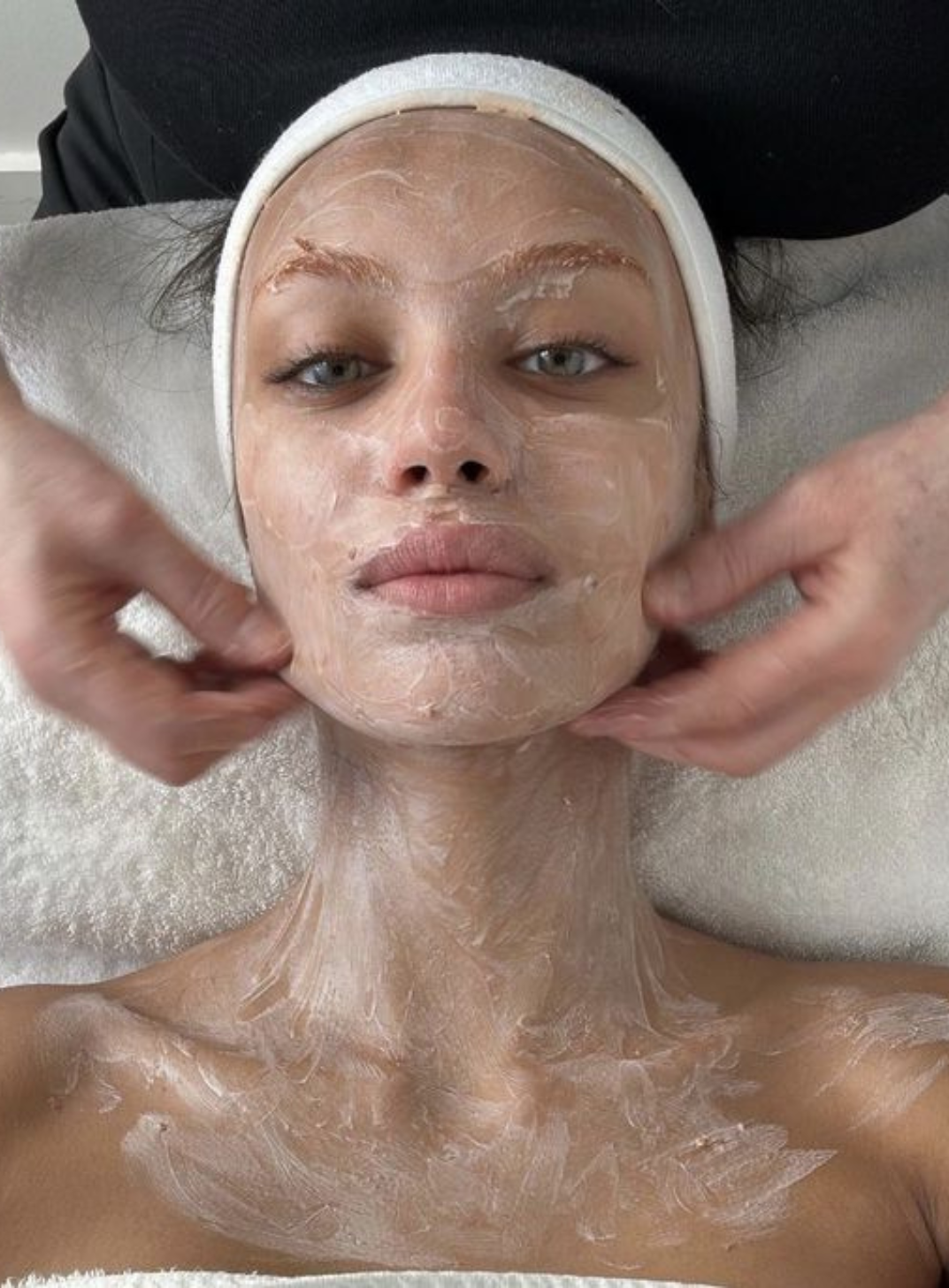
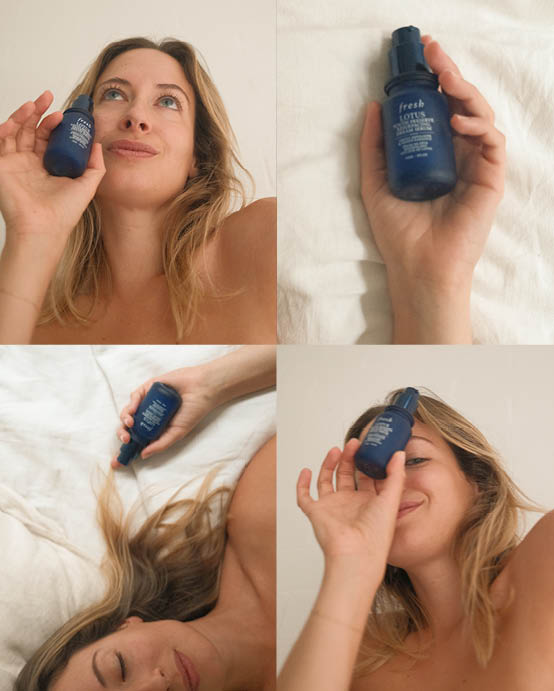
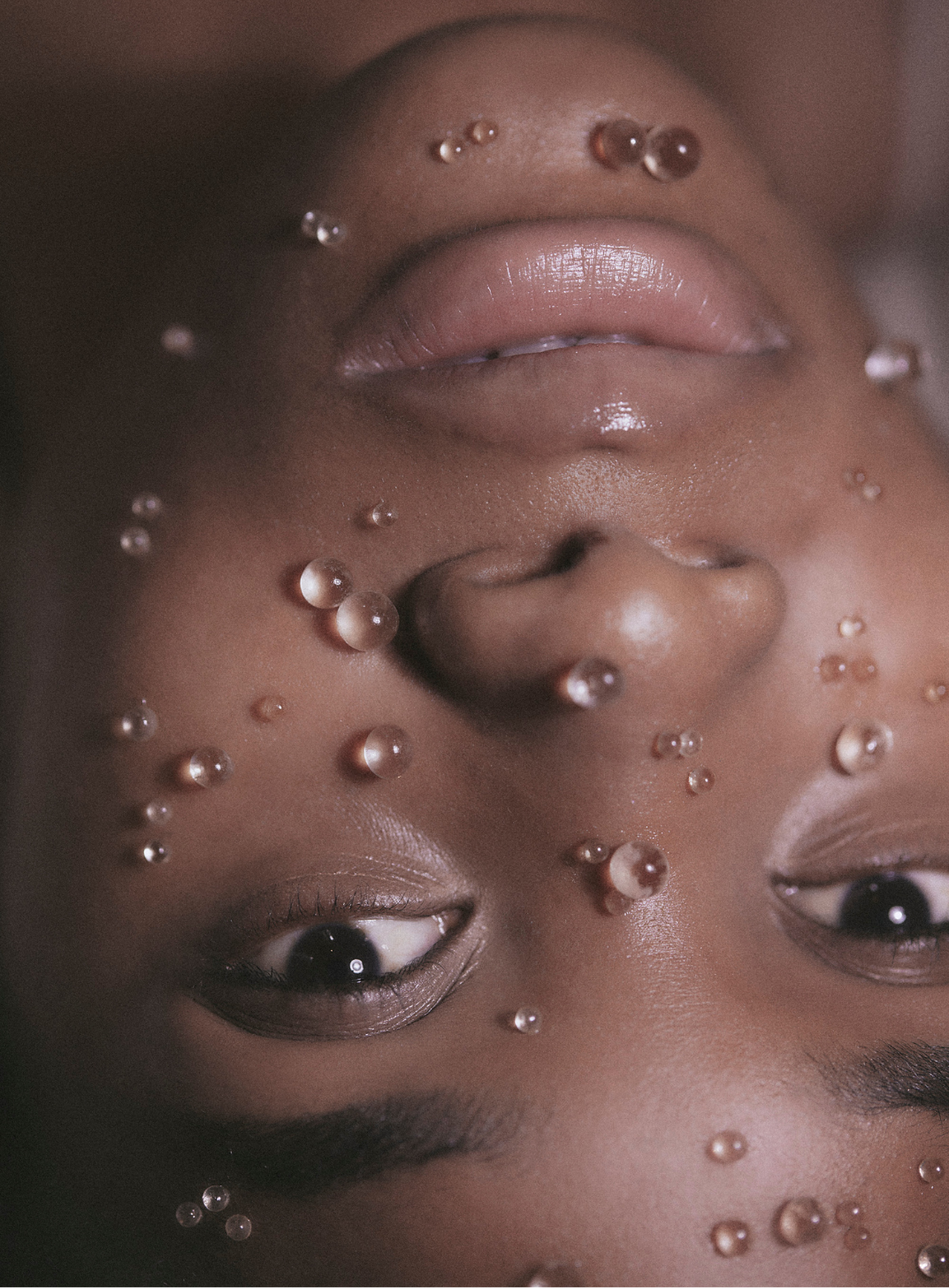
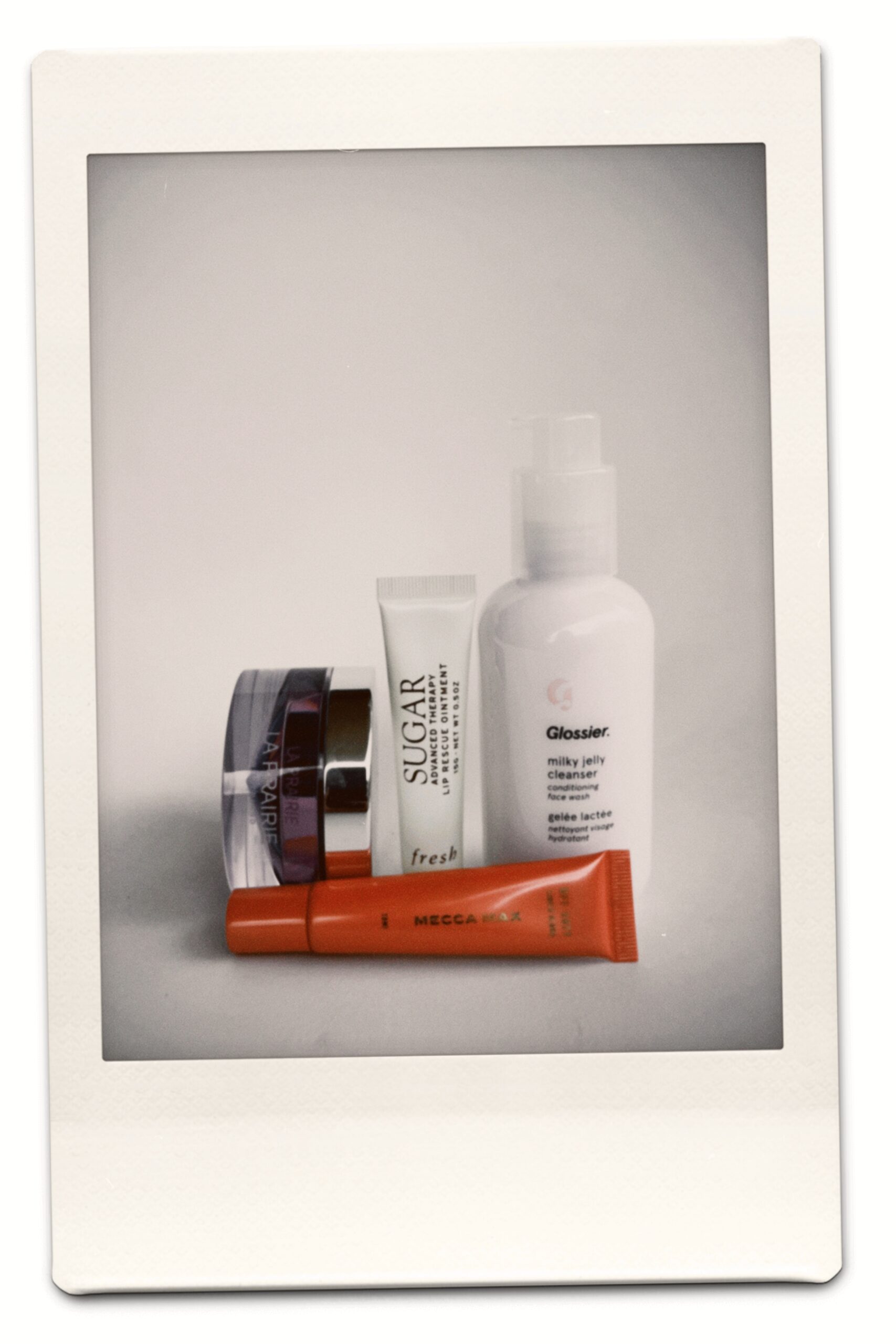
Comments